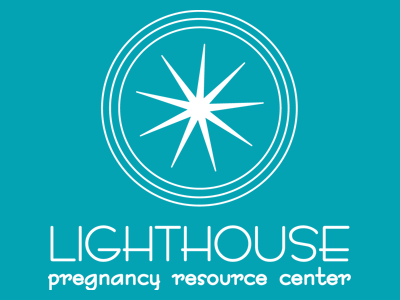
29 May Will I Pass My STD to My Child?
If you are sexually active, it’s important to be aware of your sexual health by understanding that STDs can be passed in several ways. Getting tested and seeking treatment if you might be at risk is vital for not only your health and wellness, but those in contact with you.
If you’re pregnant and think you might have been exposed to an STD / STI, it’s doubly important to seek testing as you may be at risk for passing an infection along to your child during pregnancy or birth.
What Is an STD?
Sexually transmitted diseases, or STDs (sometimes also known as STIs or sexually transmitted infections) are infections spread from one partner to another, generally acquired through sexual contact. How they are transferred depends on the type of infection – they can be caused by bacteria, viruses or parasites, and can pass from person to person through blood, semen, or vaginal or other bodily fluids.
It’s important to recognize that some STDs / STIs don’t always cause symptoms – or, it could be easy to mistake symptoms of an STD for another health complaint. Still, whether or not signs and symptoms are recognized, an STD can still cause damage to a person’s long-term health and can be passed to others without knowledge.
This is why testing is imperative for sexually active individuals who may be at risk for infection, as it is the only way to know for sure if treatment is need – and if that person or others they come in contact with could be at further risk.
How Are STDs Spread?
Generally, STDs or STIs are spread through sexual contact, via bodily fluids. However, as quoted by the Mayo Clinic, “Sometimes these infections can be transmitted nonsexually, such as from mothers to their infants during pregnancy, childbirth, or through blood transfusions or shared needles.”
Pregnant women are advised to exercise additional caution when considering their sexual health and how it could relate to their child. Pregnancy does not prevent STDs, and infection could cause harm to an unborn baby.
Women who are pregnant should exercise additional caution. Pregnancy does not protect against STDs, and they can cause harm to the unborn child. The CDC advises that STDs can add complications to pregnancy and could have serious – and lasting – effects on both the pregnant woman and the developing baby, some that might not be discovered until months or even years later.
It is also possible for some STDs to be transferred to a child through breast milk while breastfeeding. The National Institutes of Health share that while some STDs will not be transferred through breastfeeding (chlamydia, gonorrhea or HPV), others (such as HIV) could transfer the virus to the child from an infected mother. Simply put, to reduce risk to yourself or your child, if you believe you may be pregnant and might be at risk of STDs, getting tested and seeking guidance with a trusted medical professional is the best way to understand what may or may not be safe for you and your child.
Certain STDs, such as hepatitis, herpes, or chlamydia, can be spread through either sexual or non sexual contact, such as through kissing, sharing food, or even borrowing towels.
Individuals most at risk for contracting an STD include those who:
- Have unprotected sex
- Have had sexual contact with multiple partners
- Have a history of STIs
- Have been forced to engage in sexual activity. Dealing with rape or assault is difficult, but seeing a doctor as soon as possible is important to receive screening, treatment, and emotional support.
- Misuse alcohol or recreational drugs. Substance misuse can inhibit judgment, making you more willing to participate in risky behaviors.
- Inject drugs. Needle sharing spreads many serious infections, including HIV, hepatitis B, and hepatitis C.
- Are between the ages of 15 and 24 (half of all new STDs occur in people within this age range.)
Free Testing?
If you think you may have contracted an STD or could be at risk of contracting one, put your health first by getting tested today. Your testing appointment is free of charge and you can rest assured that you will receive quality care in a safe, non-judgmental environment.
Your sexual health is important. Prioritize your wellness today by reaching out for your free appointment. We’re here to help!

